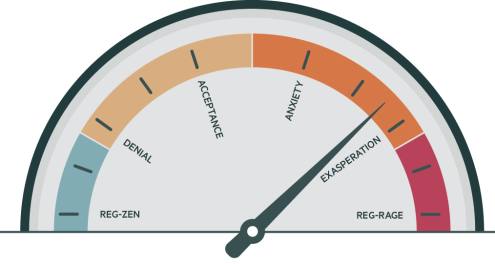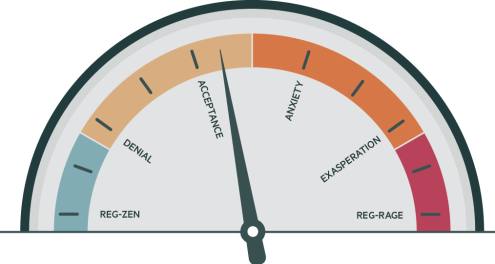What is happening?
Market Abuse Regulation (MAR) aims to stamp out three illegal behaviours: trading on insider information, inappropriate disclosure of inside information, and market manipulation. It was also formulated as a regulation rather than a directive to better harmonise its application across the EU. Regulations give less wiggle room to national interpretations than directives.
However, the industry has a number of technical niggles with the regulation that it wants addressing. Among them is the database hosted by the European Securities and Markets Authority (ESMA). It is supposed to list all the instruments traded on the various trading venues, but in practice users have found it contains inaccuracies.
Another problem is around trading definitions, such as ‘pinging’ and ‘smoking’, which are perfectly legitimate tactics for assessing liquidity and counterparty trading appetite.
Pinging involves entering small orders to determine liquidity levels, which might be hidden in a market, such as perhaps in a dark pool. ‘Smoking’ is a technique that involves placing attractively priced limit orders to test supply or demand.
However, they can also be abused by unscrupulous traders. For instance, they can place lots of attractively priced orders and quickly pull them before a counterparty can execute on them, giving a misleading impression of prices. However, how could anyone define between that behaviour and an asset manager changing their mind because market conditions have suddenly changed?
MAR is supposed to draw that fine line between abuse and legitimacy, but in practice does not do it clearly enough.
Yet another concern is around ‘market soundings’ – a technique routinely used by brokers on behalf of their buy-side clients to figure out market appetite for a trade. This helps brokers get the best deal for their clients.
MAR recognises ‘market soundings’ as permissible, but unfortunately heaps lots of complicated and detailed requirements around the activity as it seeks to ensure there are no insider trading violations. To make things worse, it can catch out non-market sounding activities, where inside information is not at stake, and also has an extra-territorial impact as it applies to anyone trading on EU trading venues.
Why is it happening?
The European Commission has a legal obligation to review EU regulation and for MAR that deadline is July 2019. This is an opportunity for the ‘regulated’ to voice any legitimate concerns they have about the rules and to lobby for change.
What do the bankers say?
Bankers view MAR as a bit of a poor relation to the larger and even more impactful Markets in Financial Instruments Directive (MiFID) II, which it is supposed to complement. MiFID II was seen as a bigger implementation priority and one that everyone struggled with.
However, there is a growing realisation that MAR probably will not be reviewed in July as there has been little movement on this by the European Commission and ESMA. Both have been distracted with Brexit preparations, ongoing MiFID issues, the May European Parliamentary elections, and in October there is a change of leadership at the European Commission.
Will it provide the incentives?
According to industry sources, regulations such as MAR are having an impact in curbing illegal market behaviour. At the very least they are requiring firms to invest considerable technology resources in catching market abuses.
However, they say MAR’s aims are being undermined by its complexity and detailed requirements – basically forcing firms to focus on carefully ticking boxes for fear of regulatory reprimands rather than thinking more about the regulation’s objectives, which is to keep markets fair and clean.
At least one industry source thought a “principles-based” approach would have been more appropriate. This is because it would have made the regime more adaptable to technological change and the emergence of new trading techniques, which no doubt will open new avenues to perpetuate market abuse. However, this is unlikely to ever happen as that is not how EU policy-makers approach regulation.
Another thought is that it would have been better
if ESMA took sole charge of applying the regulation, providing it was given the resources to do so.
Another problem is that despite it being a regulation, there are reports that MAR is in fact being applied differently across member states, which creates an unlevel playing field and is therefore an extra friction
to trading within the single market. Much of this comes down to local legal definitions as to what constitutes insider trading or market abuse.
Clearly, MAR needs some tidying up if it is to be truly effective.






